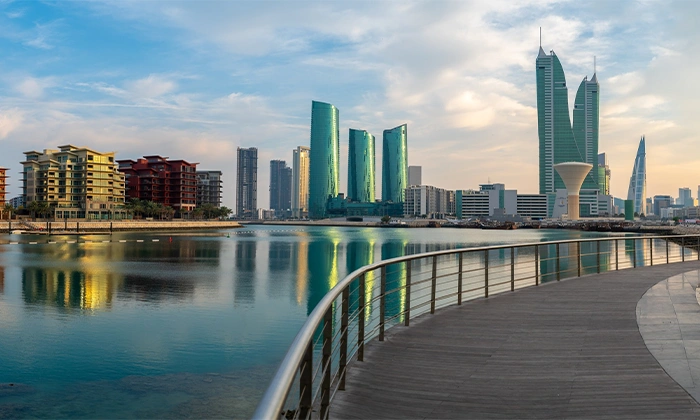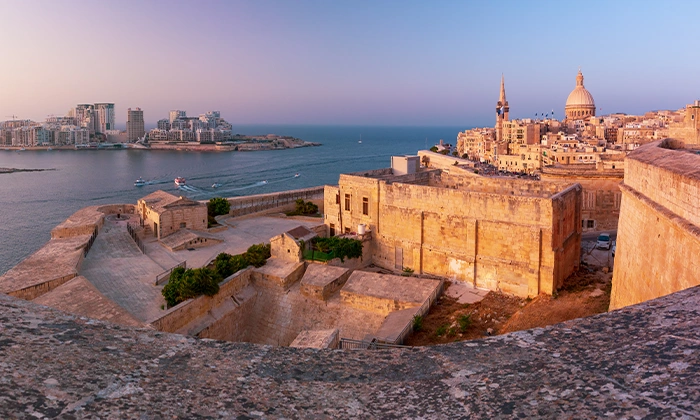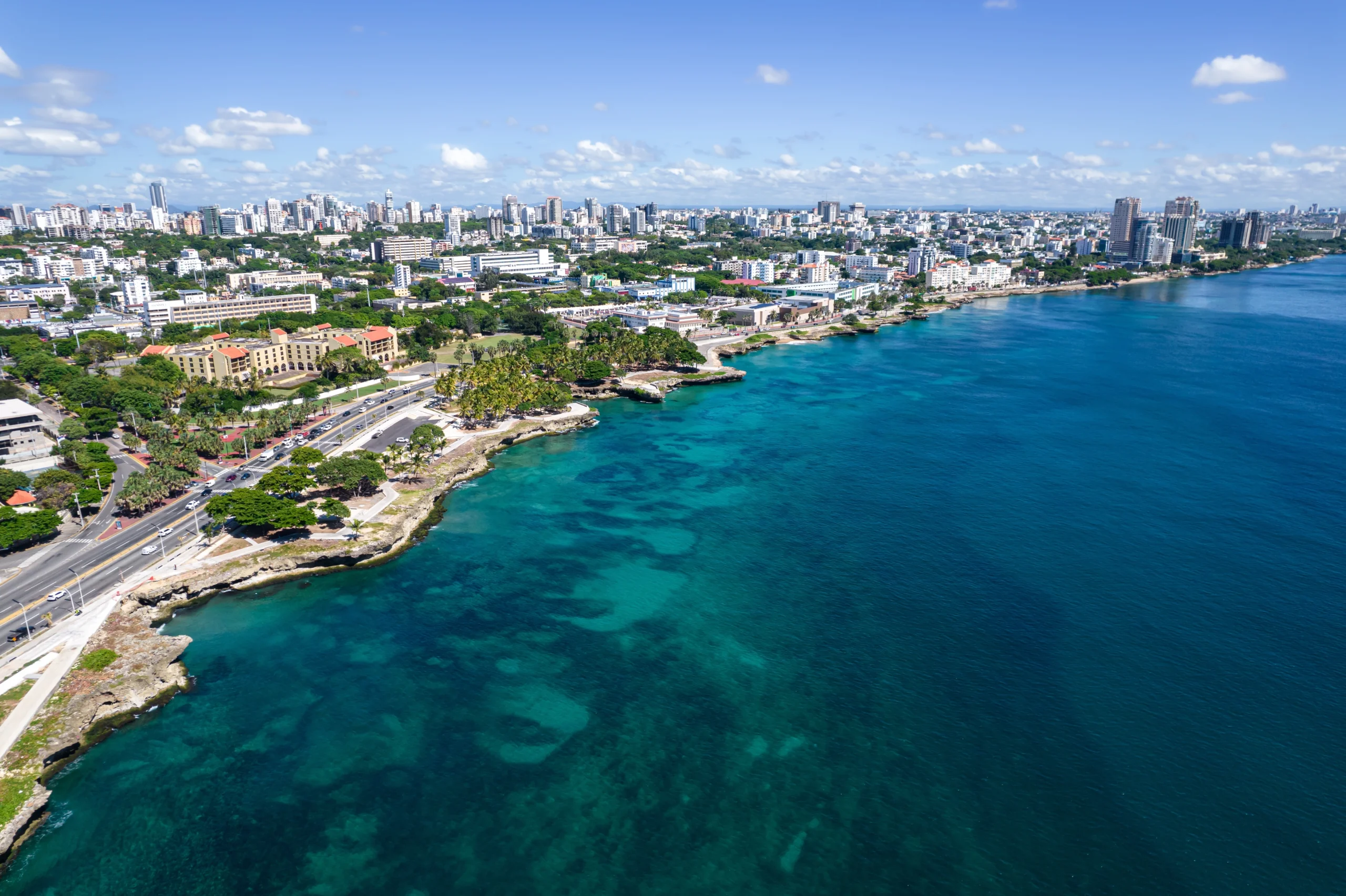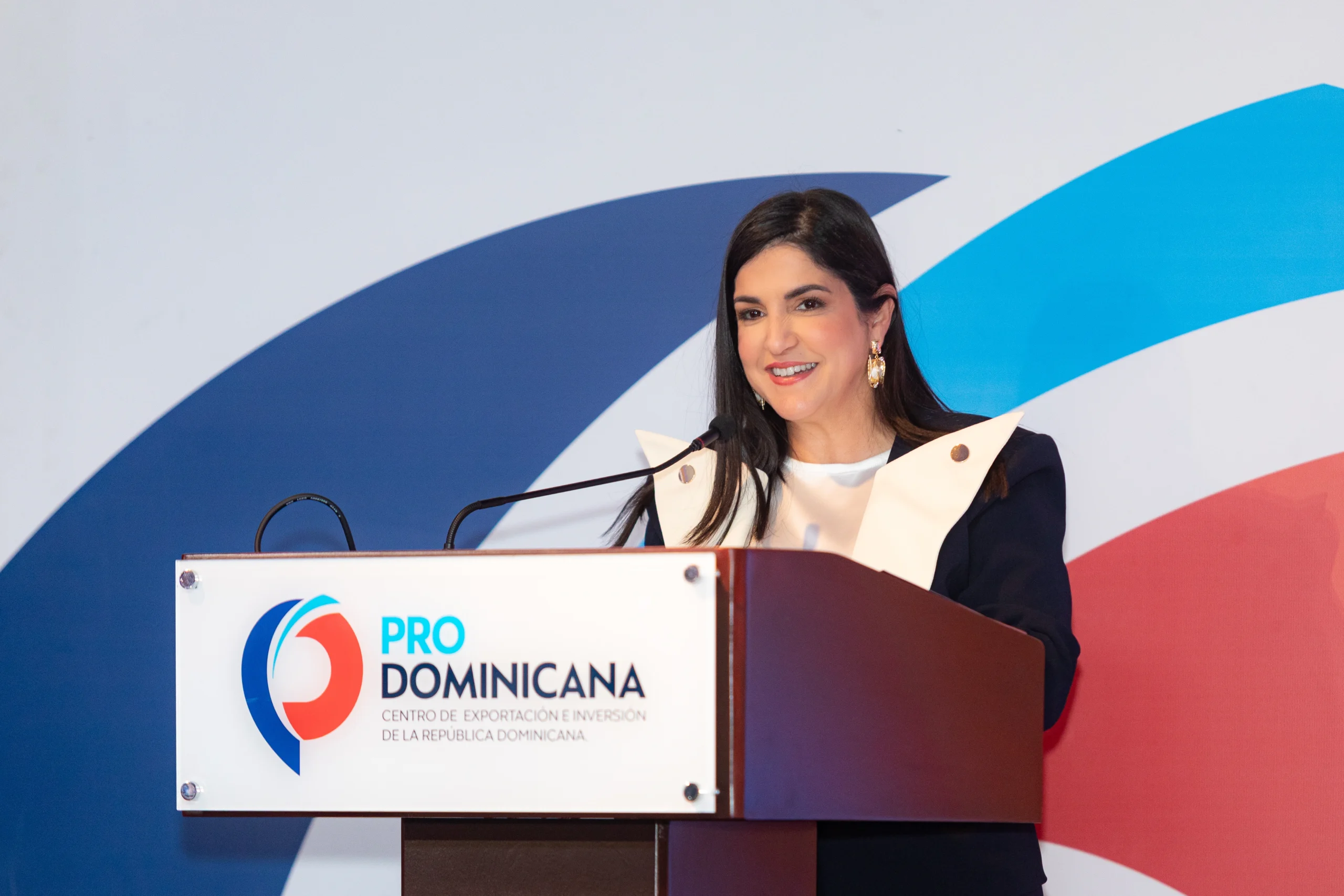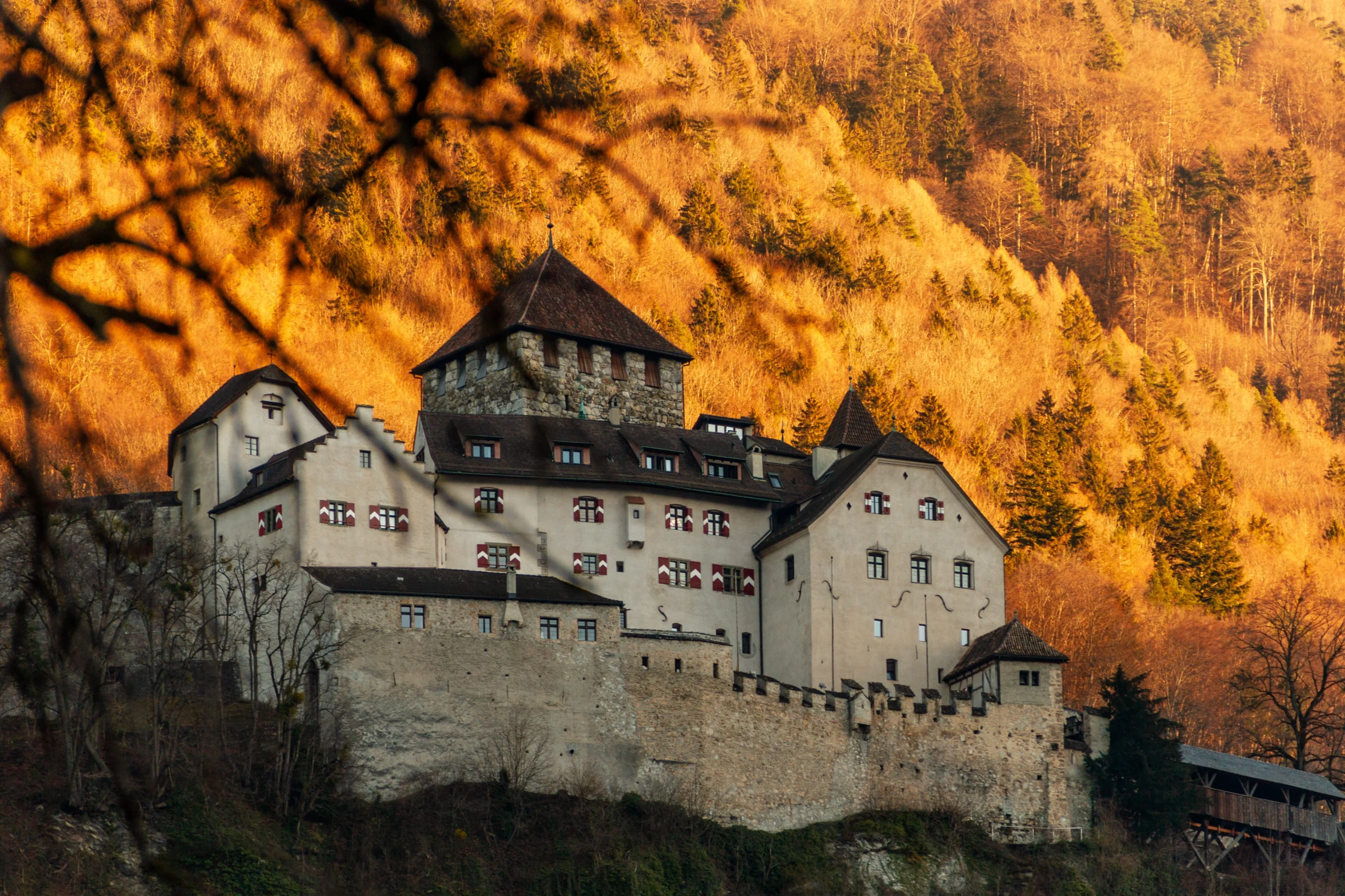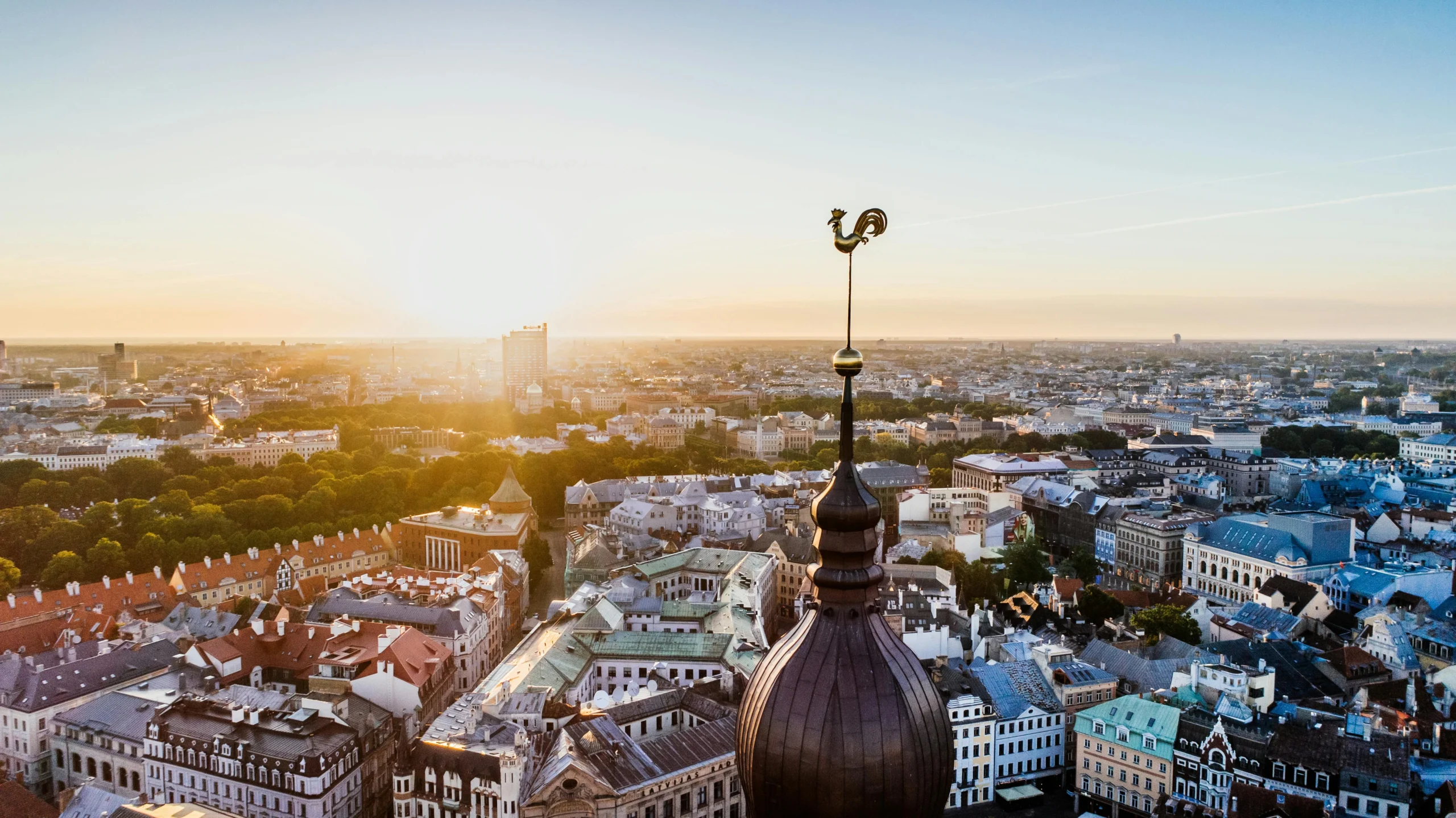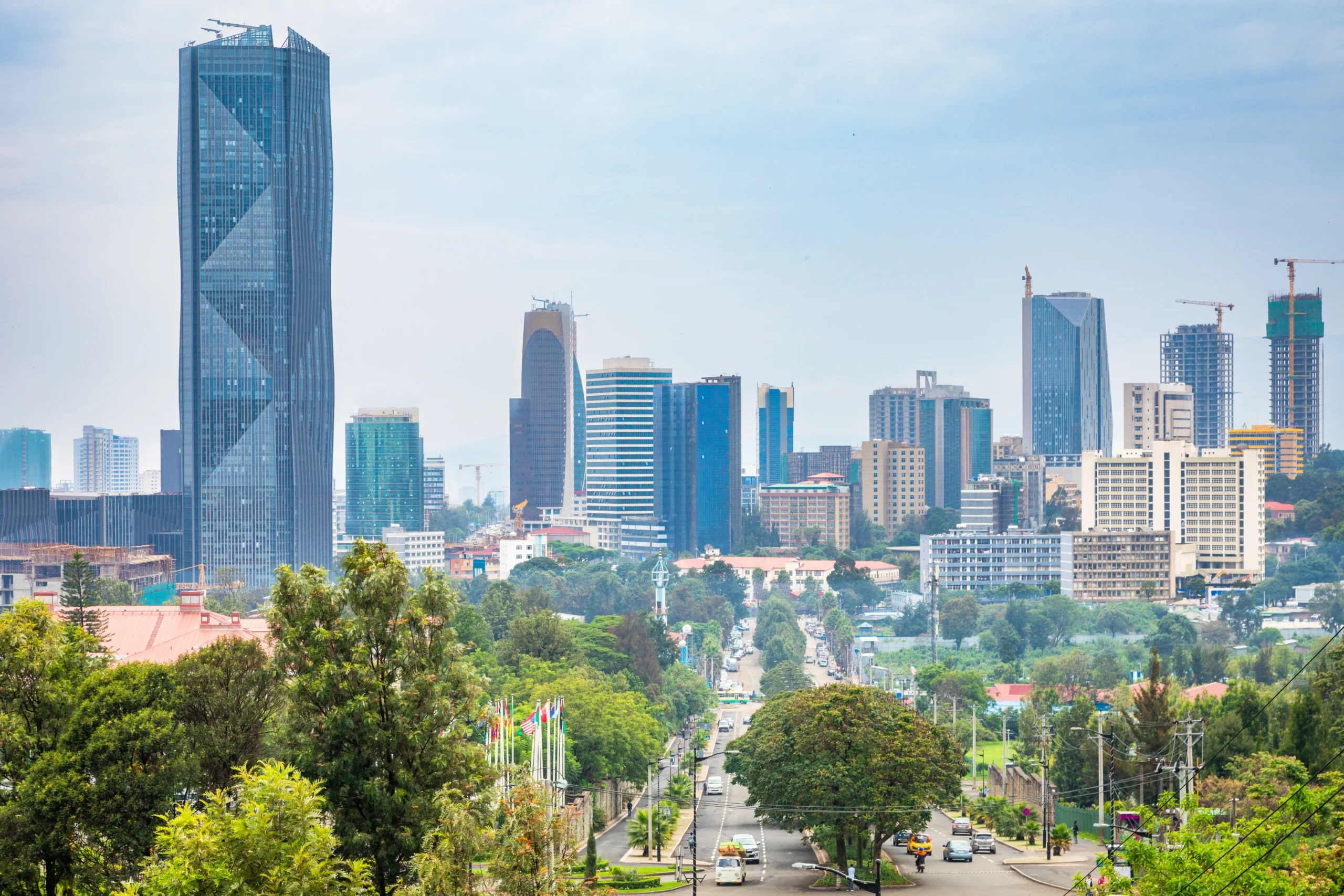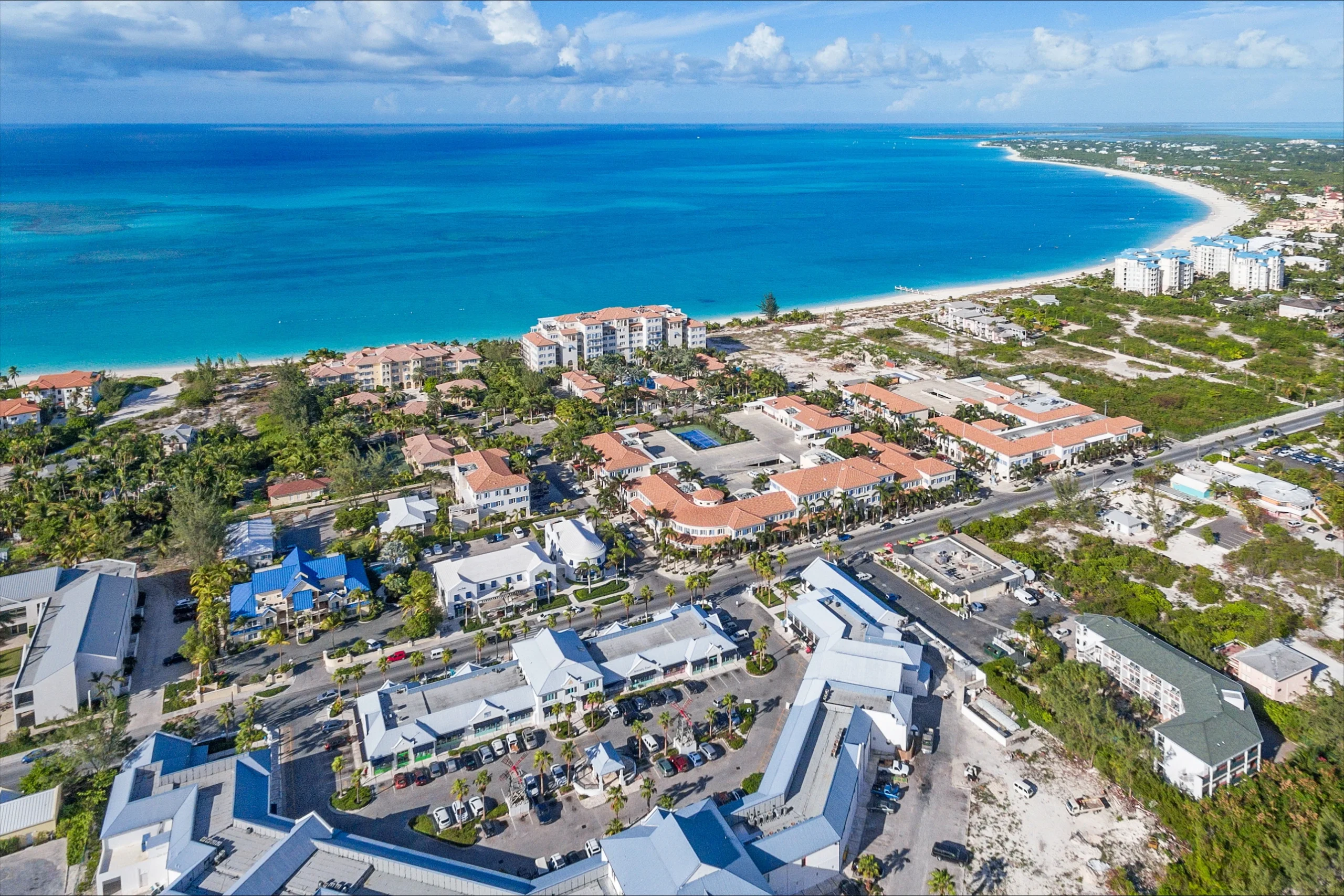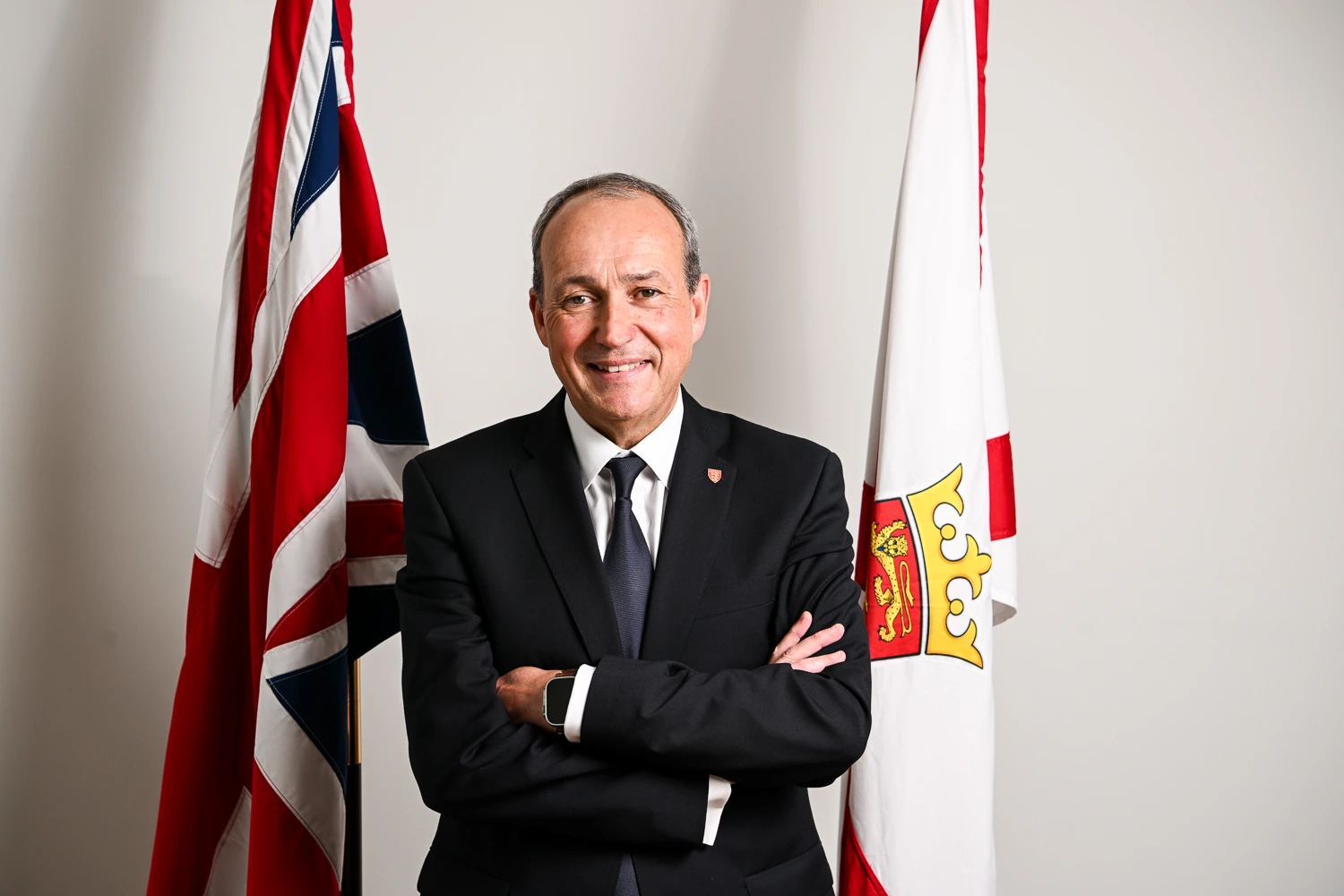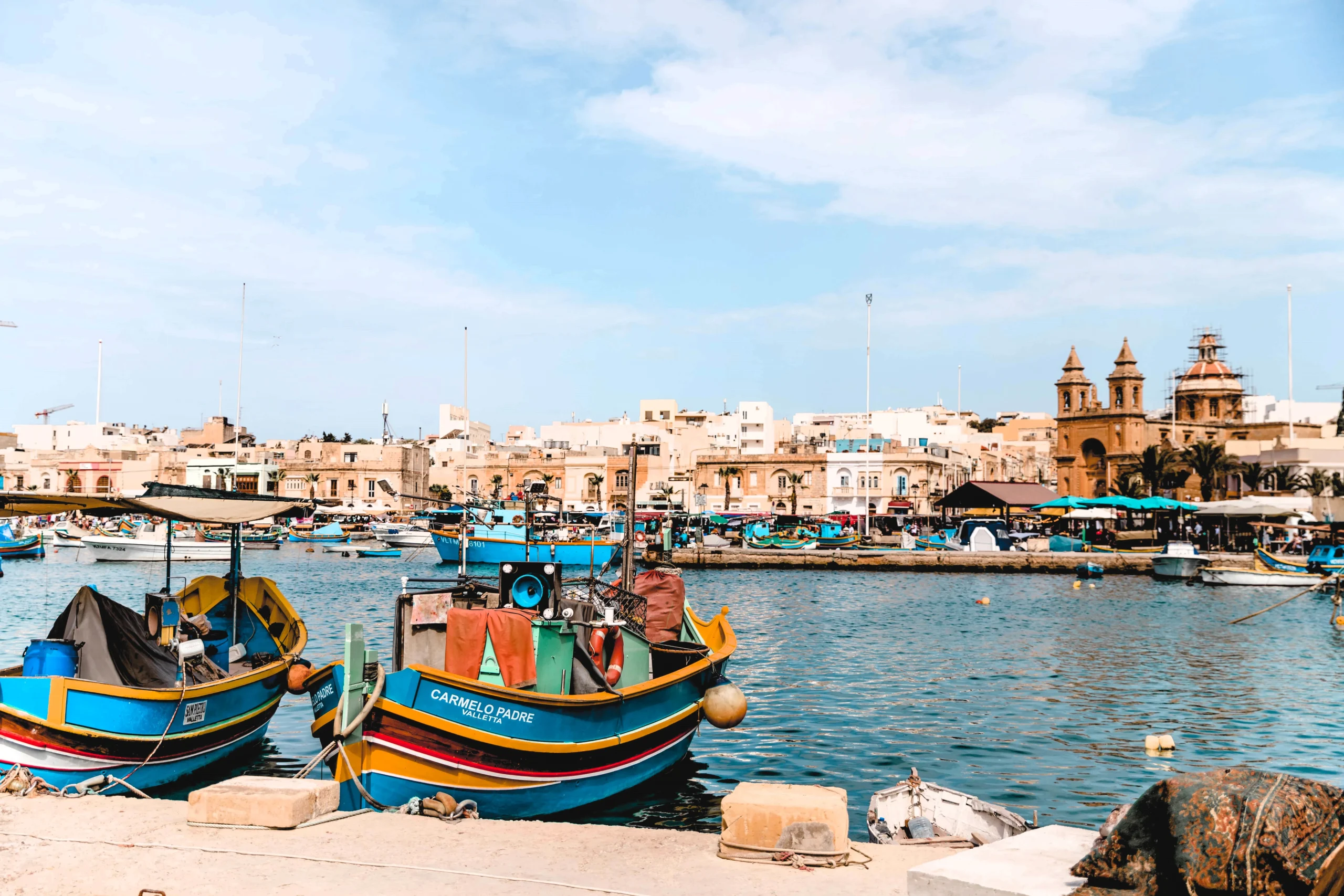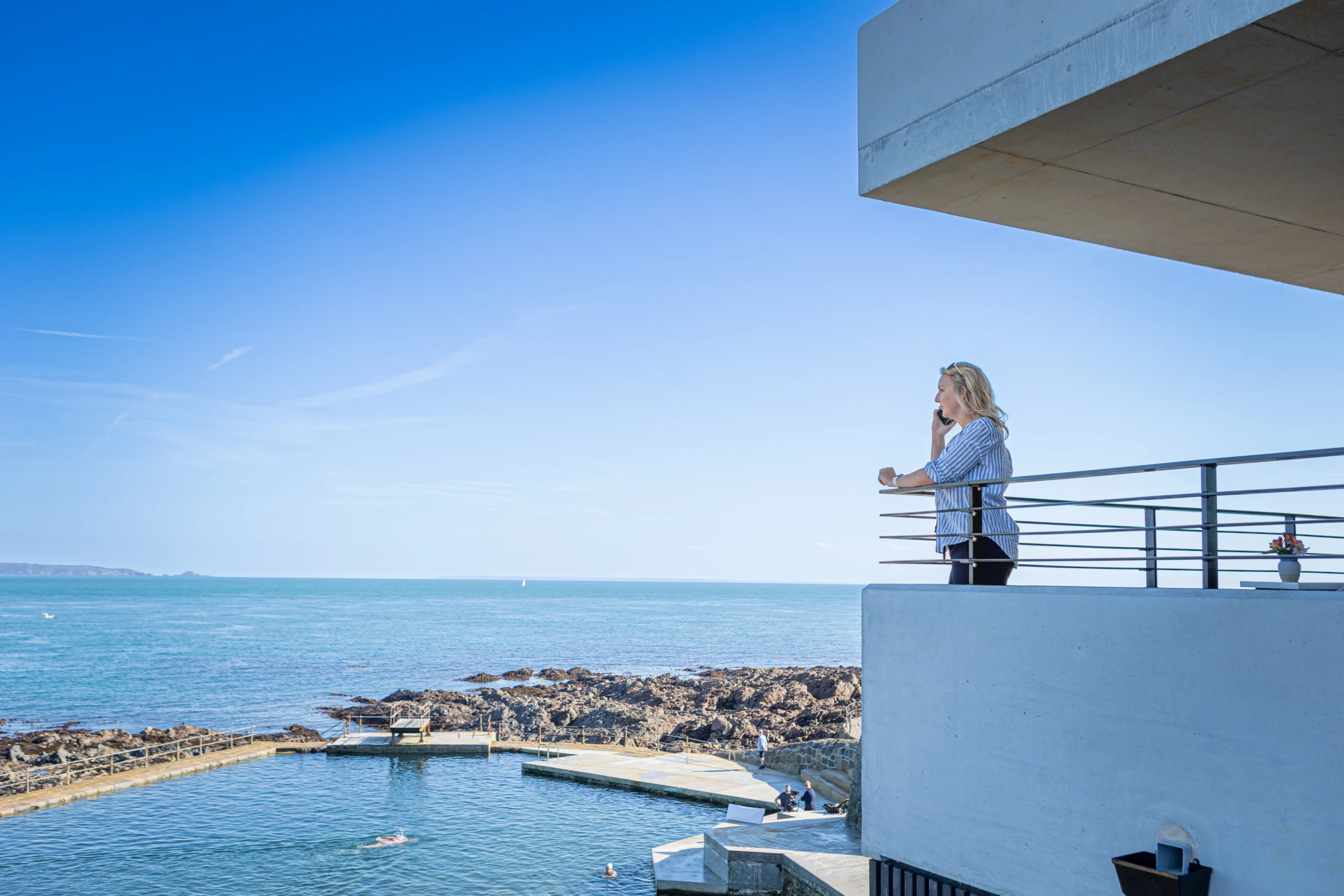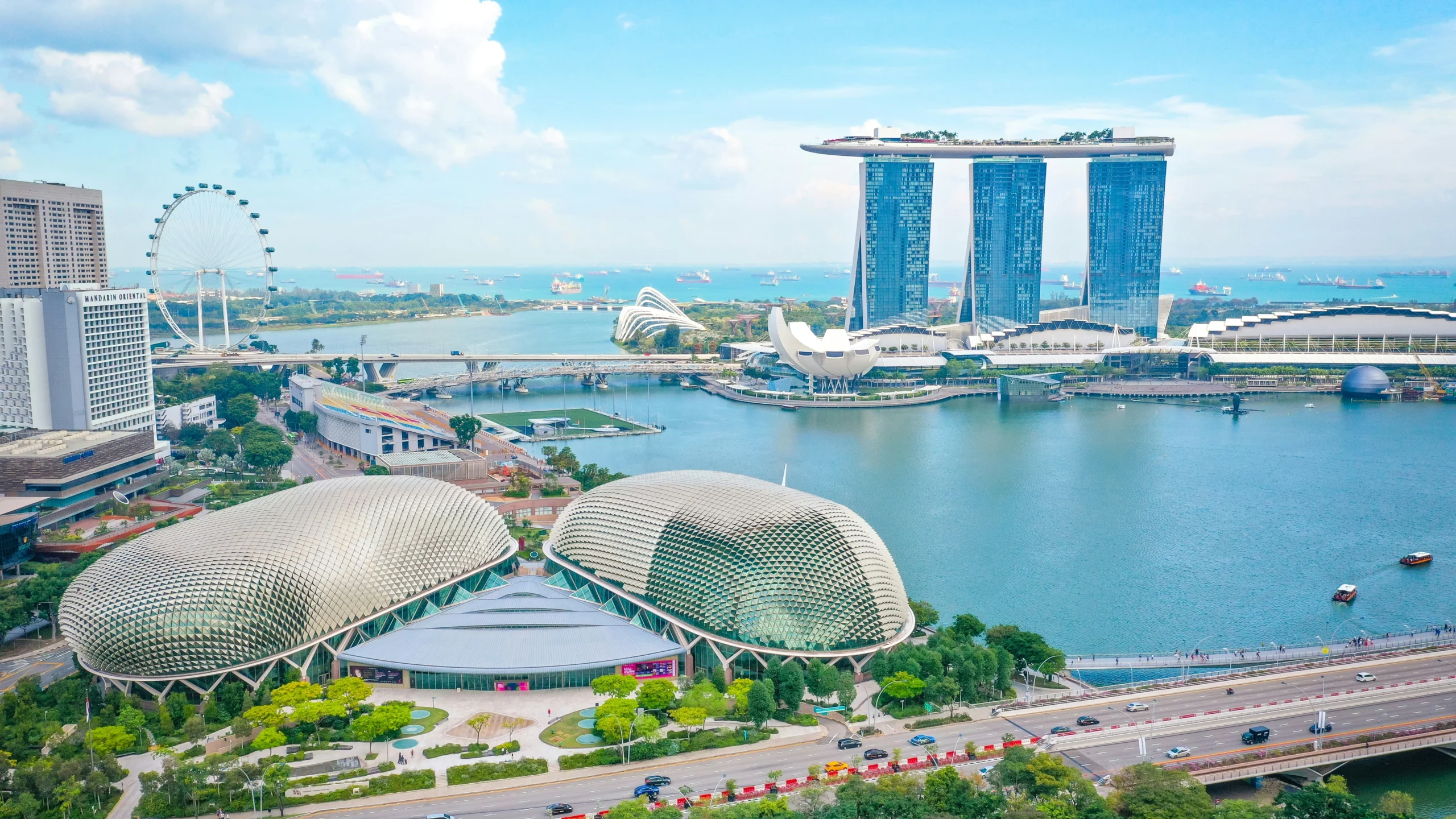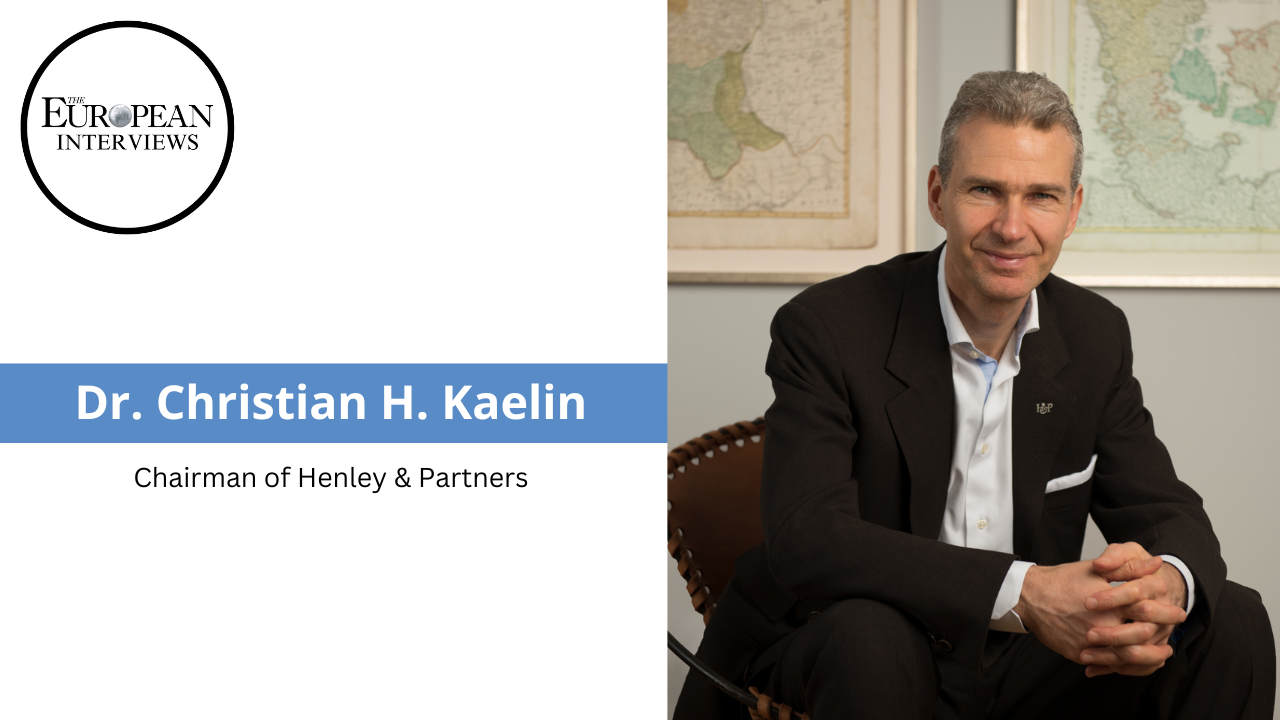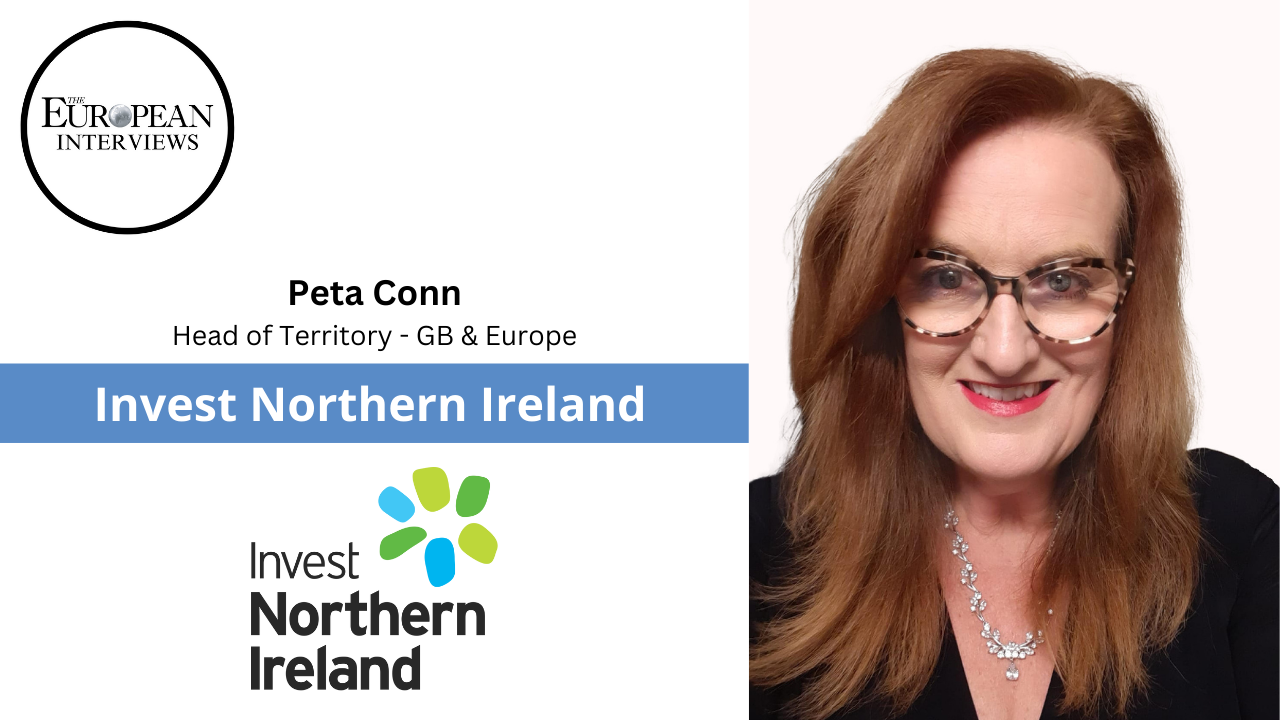France’s FDI renaissance marks a Nouvelle Ère for Europe

John E. Kaye
- Published
- Foreign Direct Investment
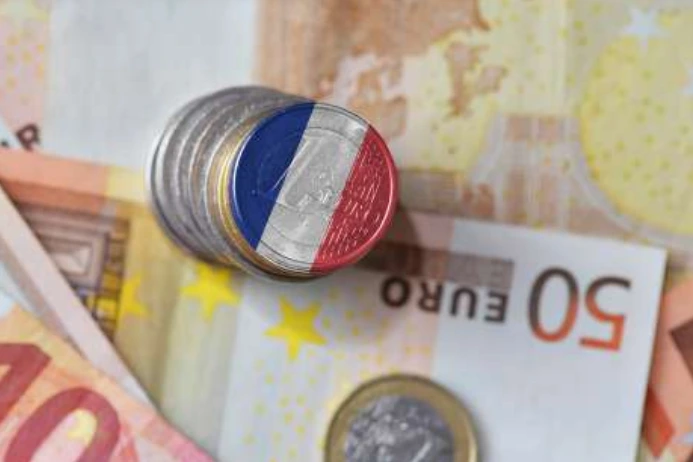
France remains Europe’s leading destination for foreign direct investment, but in 2025 its focus has shifted from volume to strategic, high-value projects. The European’s France correspondent, Euan Doran, reports on how the country is targeting key sectors and expanding investment beyond Paris to secure long-term growth
At a café near the Ministry of the Economy in Bercy, just a short walk from the Seine, officials I’ve spoken to have talked openly about capacité d’attraction – France’s ability to pull in capital, talent, and industrial ambition from abroad. While this isn’t a new goal, the way it has pursued it has changed. Before, the focus was on the number of investments coming in. Now, officials say they are more careful about what kind of capital arrives, where it comes from, where it goes, and what it does. The government is zeroing in on sectors they believe matter for the long haul: artificial intelligence, life sciences, advanced logistics, and energy transition. They are also trying to spread investment beyond Paris, toward regions with a strong industrial past and room to grow.
This new focus shows up in the latest figures. France led Europe in foreign investment for the sixth year running in 2024, with 1,025 projects — nearly a fifth of all European investments. These projects led to 1,688 investment decisions and almost 38,000 jobs created or saved. That’s a slight drop from 2023, but still well above the levels before the pandemic.
Now, in 2025, the focus has shifted again. Officials here aren’t chasing bigger numbers, but better ones. They want investments that fit their strategy, cover different regions, and support sectors seen as crucial for the decade ahead. Digital transformation is at the heart of this. With Europe focused on controlling its data and AI power, France is positioning itself as a reliable and growing hub. A prime example is Microsoft, which put €4 billion into cloud and AI projects here last year. They’re building a new data centre in Mulhouse, upgrading facilities in Paris and Marseille, and hiring hundreds of engineers and technicians. France is literally and figuratively taking control of its AI future, a priority shared by regulators and politicians.
Amazon is also deepening its roots here with €1.2 billion invested in cloud and logistics, creating over 3,000 jobs. Their upgrades help boost tech work outside Paris and make sure global companies stay anchored in France.
At the Choose France Summit in May, meanwhile, Prologis announced a €6.4 billion plan to build four new data centres in Île-de-France and expand logistics networks for AI-powered supply chains. This investment highlights growing collaboration between government and business on France’s digital future.
Elsewhere, life sciences remain a key part of France’s strategy. It’s about bringing capital in and securing the supply chains for vital medicines. At last year’s Choose France Summit, Pfizer committed €500 million to expanding research and development in France. Their focus is on AI-powered drug discovery and clinical trials, with strong links to startups and universities.
And earlier this year, AstraZeneca revealed a €365 million expansion of their Dunkirk site, boosting production of biological medicines like monoclonal antibodies and mRNA vaccines. This will create hundreds of specialised jobs and support local training programmes.
Together, these projects are creating a pipeline from research to manufacturing, and putting France at the forefront of healthcare innovation across the continent.
France is also working to spread investment beyond Paris. In 2024, three quarters of FDI projects were outside Île-de-France, and a third were in towns with fewer than 100,000 people. That trend is growing this year, with places like Hauts-de-France, Grand Est, and Auvergne-Rhône-Alpes attracting more investments. These regions offer a mix of industrial heritage, logistics links, and growing talent pools. Investments there often come with workforce development, like AstraZeneca partnering with technical schools in Dunkirk or Microsoft reaching out to regional universities.
Taken together, these actions show that foreign investment is increasingly seen as a catalyst for lasting economic and social benefits in local areas.
The coming years will test whether France can sustain its capacité d’attraction amid inflation, regulatory changes, and growing global protectionism. For now, the country appears to be holding firm at the top of Europe’s FDI rankings, quietly reshaping what leadership means in an evolving global economy.
RECENT ARTICLES
-
 Zanzibar’s tourism boom ‘exposes new investment opportunities beyond hotels’
Zanzibar’s tourism boom ‘exposes new investment opportunities beyond hotels’ -
 Residence and citizenship planning is reshaping global wealth strategies
Residence and citizenship planning is reshaping global wealth strategies -
 Building sovereign bridges by attracting global investors
Building sovereign bridges by attracting global investors -
 Bahrain cuts property investment threshold for golden residency
Bahrain cuts property investment threshold for golden residency -
 Where mobility meets opportunity: Malta’s strategic advantage for global investors and innovators
Where mobility meets opportunity: Malta’s strategic advantage for global investors and innovators -
 UK government sets up Women in Tech taskforce amid gender imbalance concerns
UK government sets up Women in Tech taskforce amid gender imbalance concerns -
 Malta introduces Nomad Heritage Card for remote professionals
Malta introduces Nomad Heritage Card for remote professionals -
 How free global cities could reshape the future of migration
How free global cities could reshape the future of migration -
 Dominican Republic positions itself as Caribbean hub for sustainable trade and investment
Dominican Republic positions itself as Caribbean hub for sustainable trade and investment -
 Biviana Riveiro Disla speaks to The European about the Dominican Republic’s role as a hub for trade and investment
Biviana Riveiro Disla speaks to The European about the Dominican Republic’s role as a hub for trade and investment -
 Liechtenstein tops global index for foundations
Liechtenstein tops global index for foundations -
 Keeping the door open: wealthy UK citizens investing their way back into the EU
Keeping the door open: wealthy UK citizens investing their way back into the EU -
 Ethiopia emerges as a sustainable investment leader on the African stage
Ethiopia emerges as a sustainable investment leader on the African stage -
 France’s FDI renaissance marks a Nouvelle Ère for Europe
France’s FDI renaissance marks a Nouvelle Ère for Europe -
 The Turks and Caicos Islands: A new era for financial services and innovation
The Turks and Caicos Islands: A new era for financial services and innovation -
 Jersey in focus – an interview with Chief Minister Deputy Lyndon Farnham
Jersey in focus – an interview with Chief Minister Deputy Lyndon Farnham -
 Malta – a popular base for digital nomads
Malta – a popular base for digital nomads -
 Move to Guernsey: The Channel’s island gem
Move to Guernsey: The Channel’s island gem -
 Malta’s residency-by-investment programme: a clear path to permanent residency
Malta’s residency-by-investment programme: a clear path to permanent residency -
 The banking shift that Europe’s businesses can’t afford to ignore
The banking shift that Europe’s businesses can’t afford to ignore -
 High-net-worth Europeans turn to investment migration amid security fears
High-net-worth Europeans turn to investment migration amid security fears -
 Beyond the beaches: a spotlight on the Turks and Caicos Islands
Beyond the beaches: a spotlight on the Turks and Caicos Islands -
 Video Interview with Dr. Christian H. Kaelin of Henley & Partners
Video Interview with Dr. Christian H. Kaelin of Henley & Partners -
 Ireland’s resilience and future in Foreign Direct Investment
Ireland’s resilience and future in Foreign Direct Investment -
 Video Interview with Peta Conn of Invest Northern Ireland
Video Interview with Peta Conn of Invest Northern Ireland




